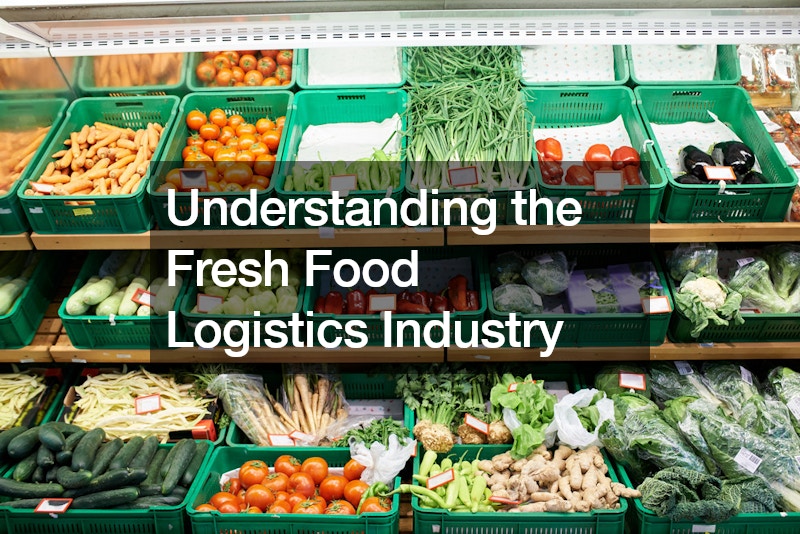The fresh food logistics industry plays a crucial role in ensuring that perishable goods like fruits, vegetables, dairy, meat, and seafood reach consumers in optimal condition. This complex network encompasses a series of steps, each meticulously designed to maintain the quality and safety of fresh food products from farm to table.
The journey begins with production, where farmers and ranchers cultivate and harvest agricultural products. Given the perishable nature of these goods, timing and immediate post-harvest handling are critical.
Freshly harvested produce must be quickly cooled and packed to preserve its freshness.
Next, the processing phase involves transforming raw agricultural commodities into consumer-ready products. This can range from washing and packaging fresh produce to more intricate processes like pasteurizing milk or cutting meat. Processing facilities must adhere to stringent hygiene standards to ensure food safety.
The distribution stage is where fresh food logistics truly comes into play. This phase involves transporting perishable goods from processing facilities to various retail locations. Efficient and reliable transportation methods, including refrigerated trucks and temperature-controlled shipping containers, are essential to prevent spoilage and maintain product quality. Fresh food logistics companies must navigate challenges such as varying climates, transportation delays, and the need for quick turnaround times to ensure that fresh products reach their destinations promptly.
Once at the retail level, products are stocked in grocery stores, markets, and online platforms. Retailers must also manage their inventory effectively to minimize waste and ensure a continuous supply of fresh goods. They often employ advanced tracking systems to monitor product shelf life and reduce spoilage.
Finally, the consumer phase completes the journey. The availability of high-quality fresh food in stores depends heavily on the efficiency and reliability of the fresh food logistics industry. Consumers today demand transparency and sustainability in their food choices, pushing the industry to adopt more eco-friendly practices and technologies.
In summary, the fresh food logistics industry is a vital component of the global food supply chain. It ensures that perishable products are delivered swiftly and safely, maintaining their quality and meeting consumer demands for fresh, nutritious food.
.




